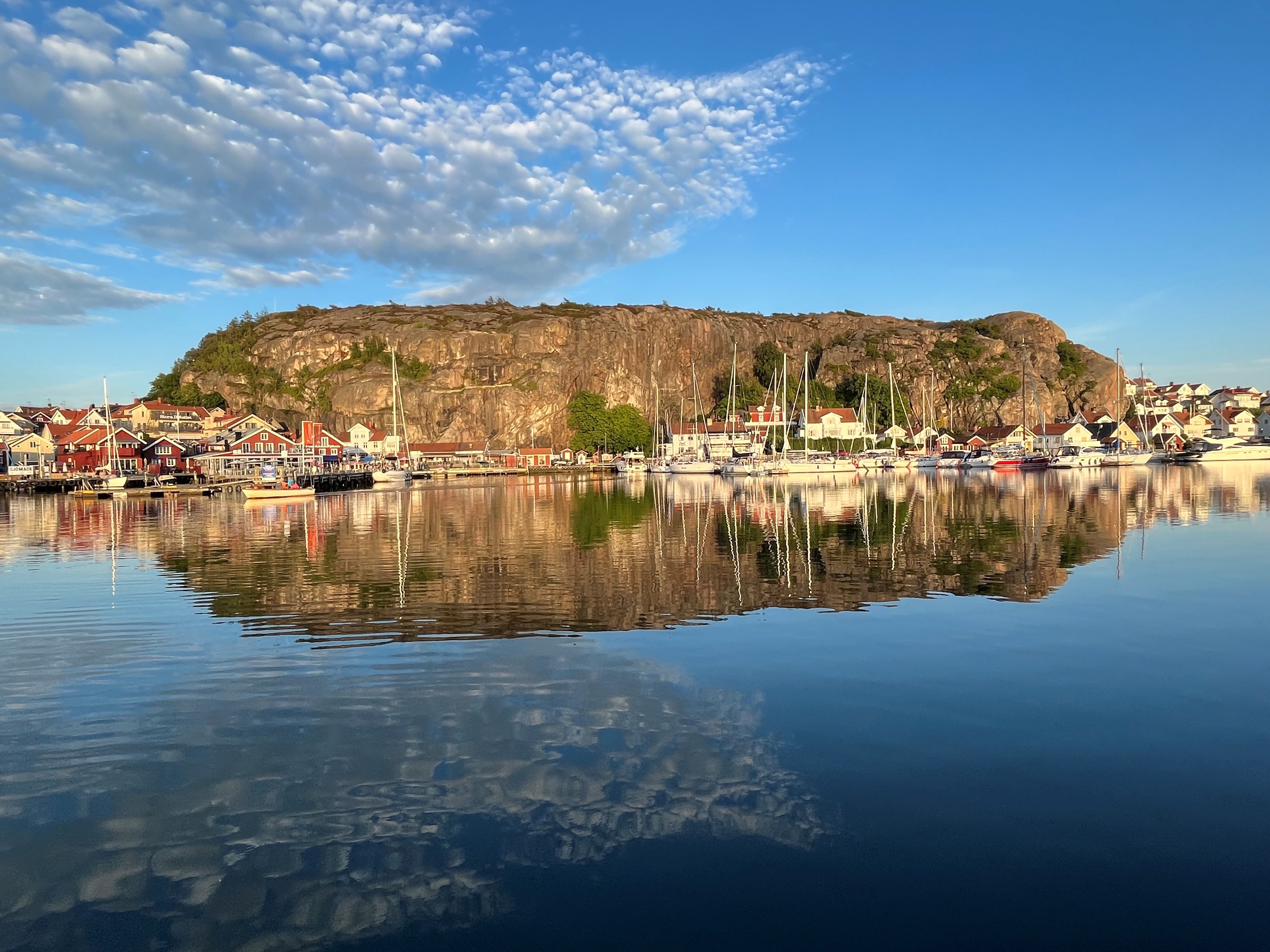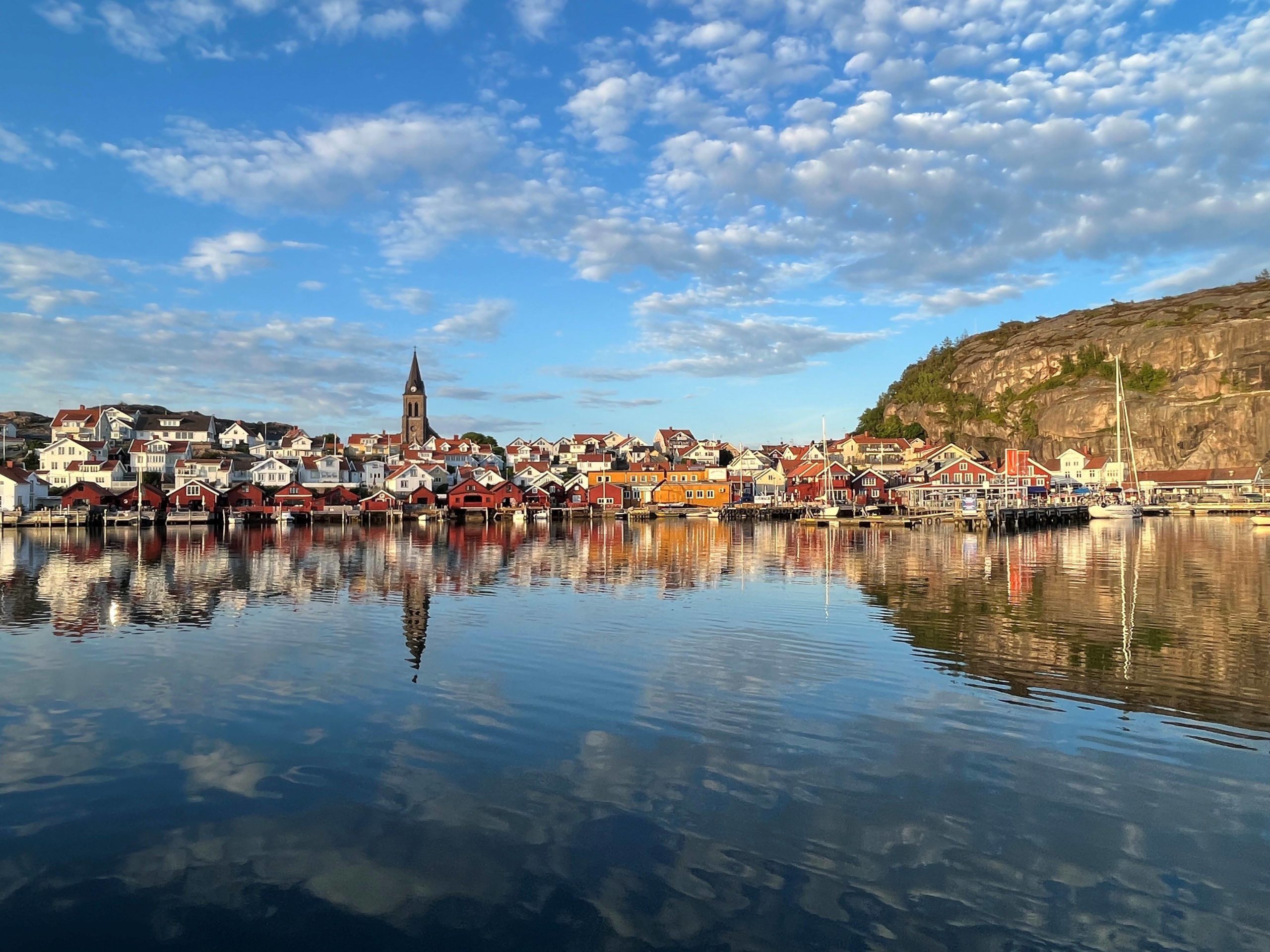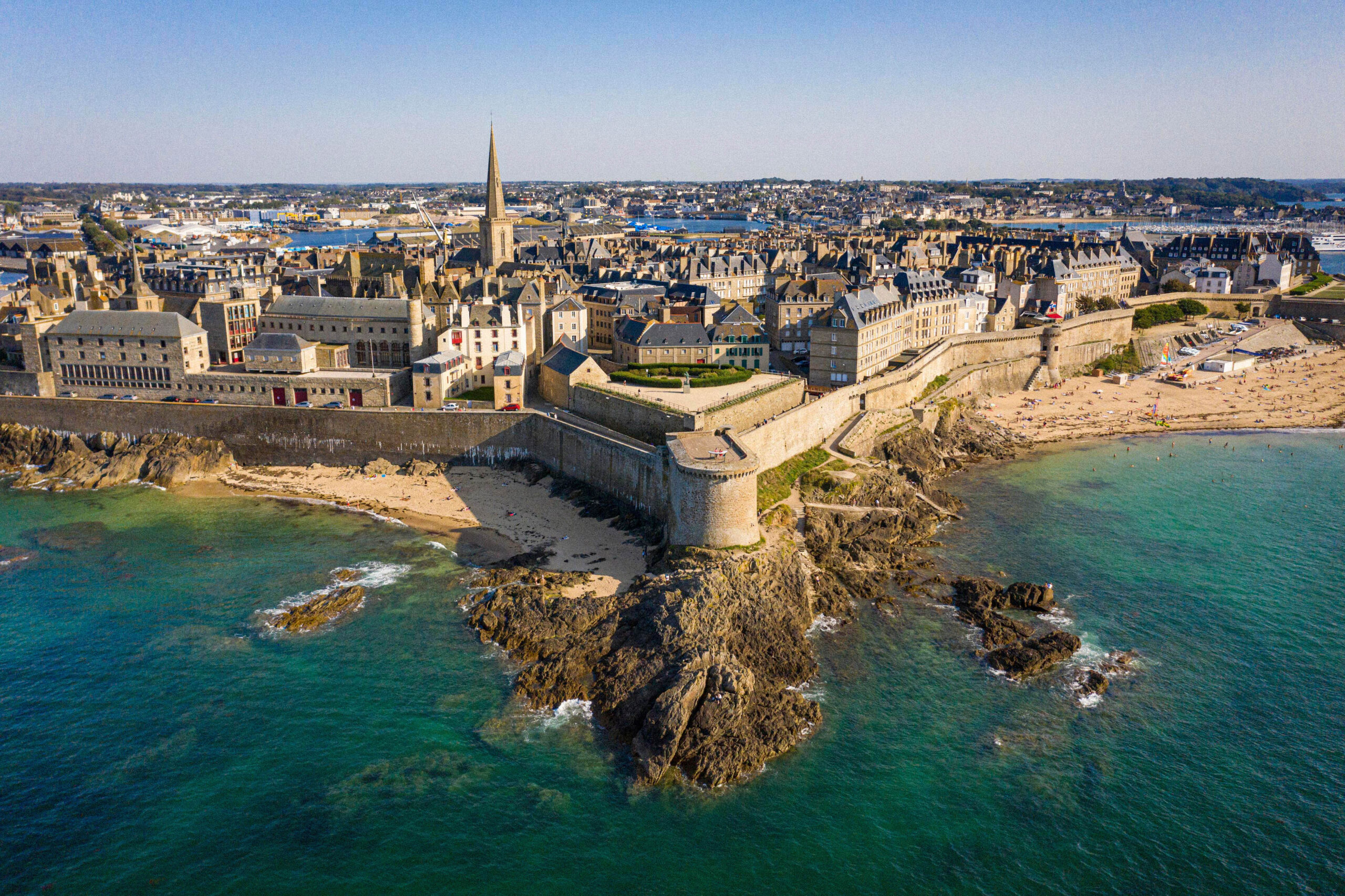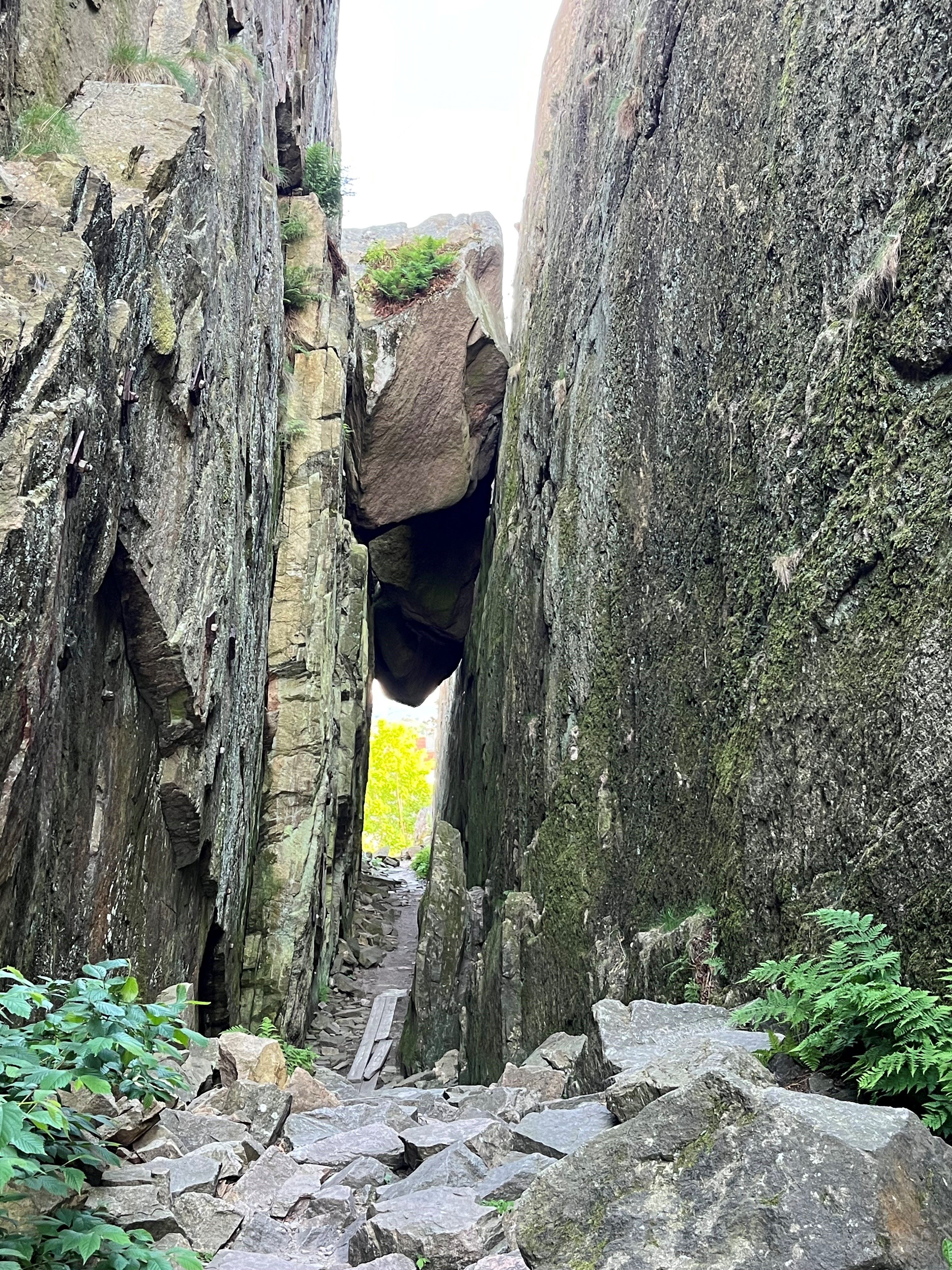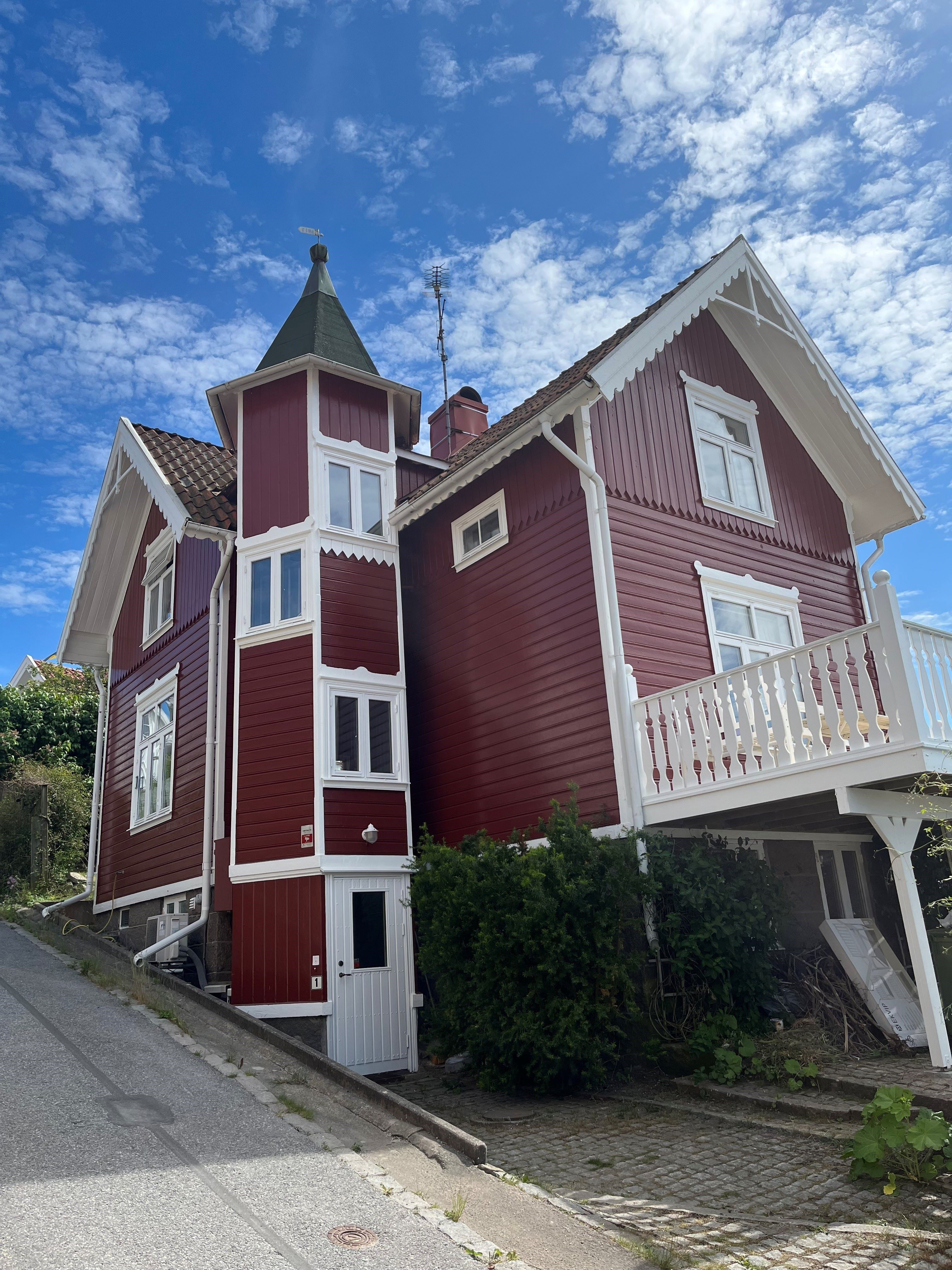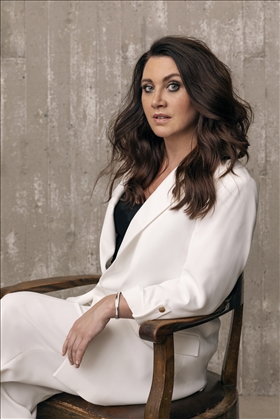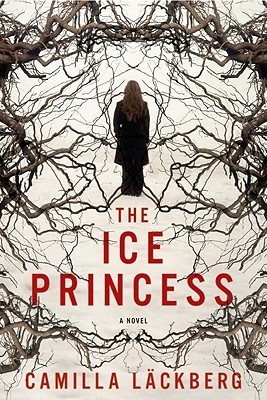It had been a long, sun-drenched day. Night was now falling slowly over a countryside of undulating green fields dotted with a few red barns. A pair of deer popped up on the side of the road.
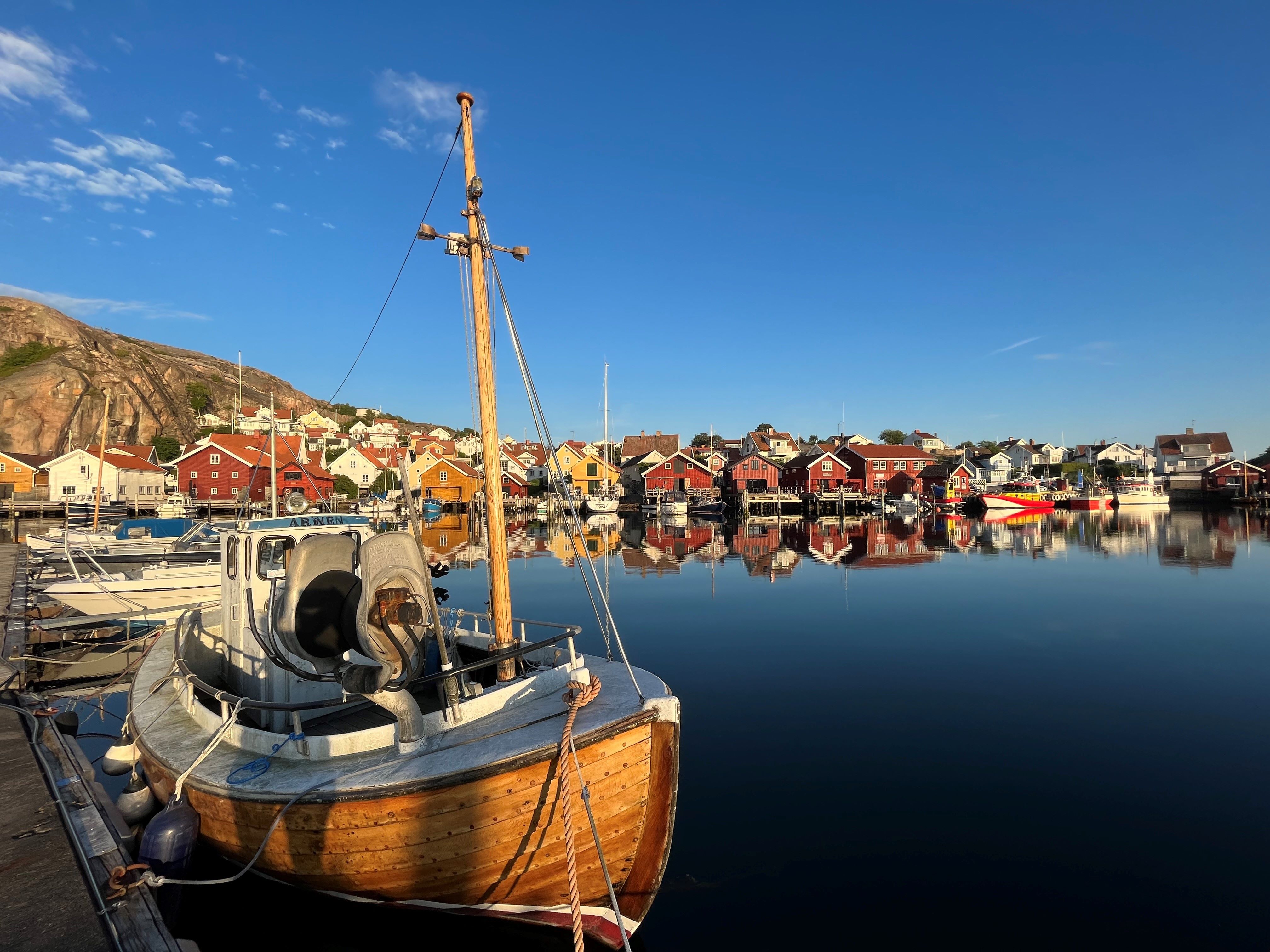
I was returning to Göteborg after spending the afternoon and evening in Fjällbacka, a small fishing village on Bohuslän, the jagged, island-studded coastline that stretches from western Sweden to Oslo. In winter, the locality has no more than a thousand inhabitants, but in summer it welcomes many visitors. In mid-June, just before the high season, I spent several hours wandering the narrow streets, marveling at the colorful wooden houses that form a cove around the harbor. I’d walk along the quays, where a multitude of sailing boats anchor, to get a better view of the pink granite hill overlooking the village. Finally, after a fish supper on a terrace, I climbed to the top of the cliff, taking a steep path where you have to pass under the Kungsflytan, a hanging boulder trapped in its fall between two walls.
When I reached the top, the view was sumptuous. The sea, the islands out to sea, the forests along the coast and the village below, all caught the light of the slow Scandinavian summer sunset. It was easy to imagine why actress Ingrid Bergman had made Fjällbacka her Swedish retreat from the hustle and bustle of Hollywood.
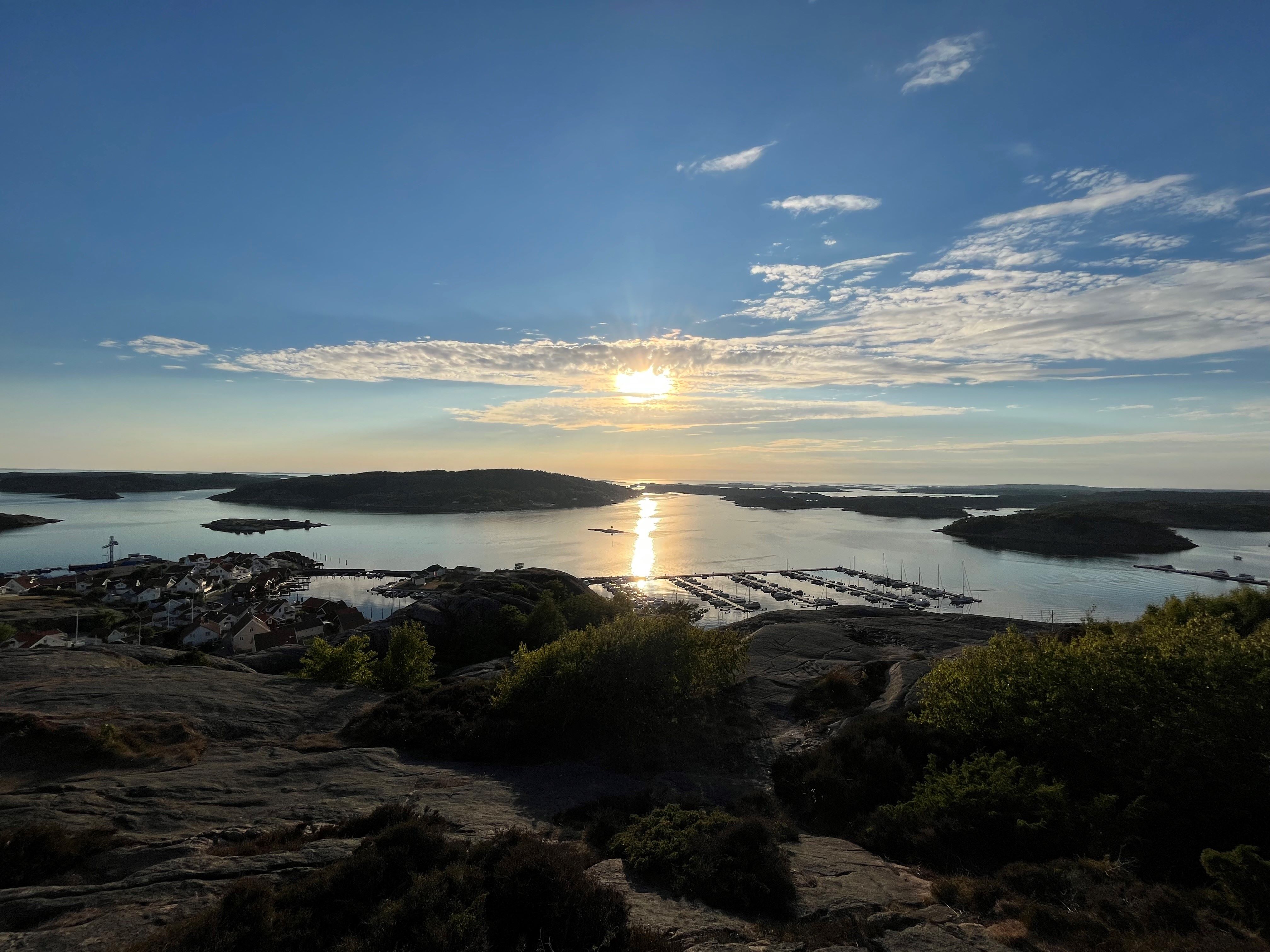
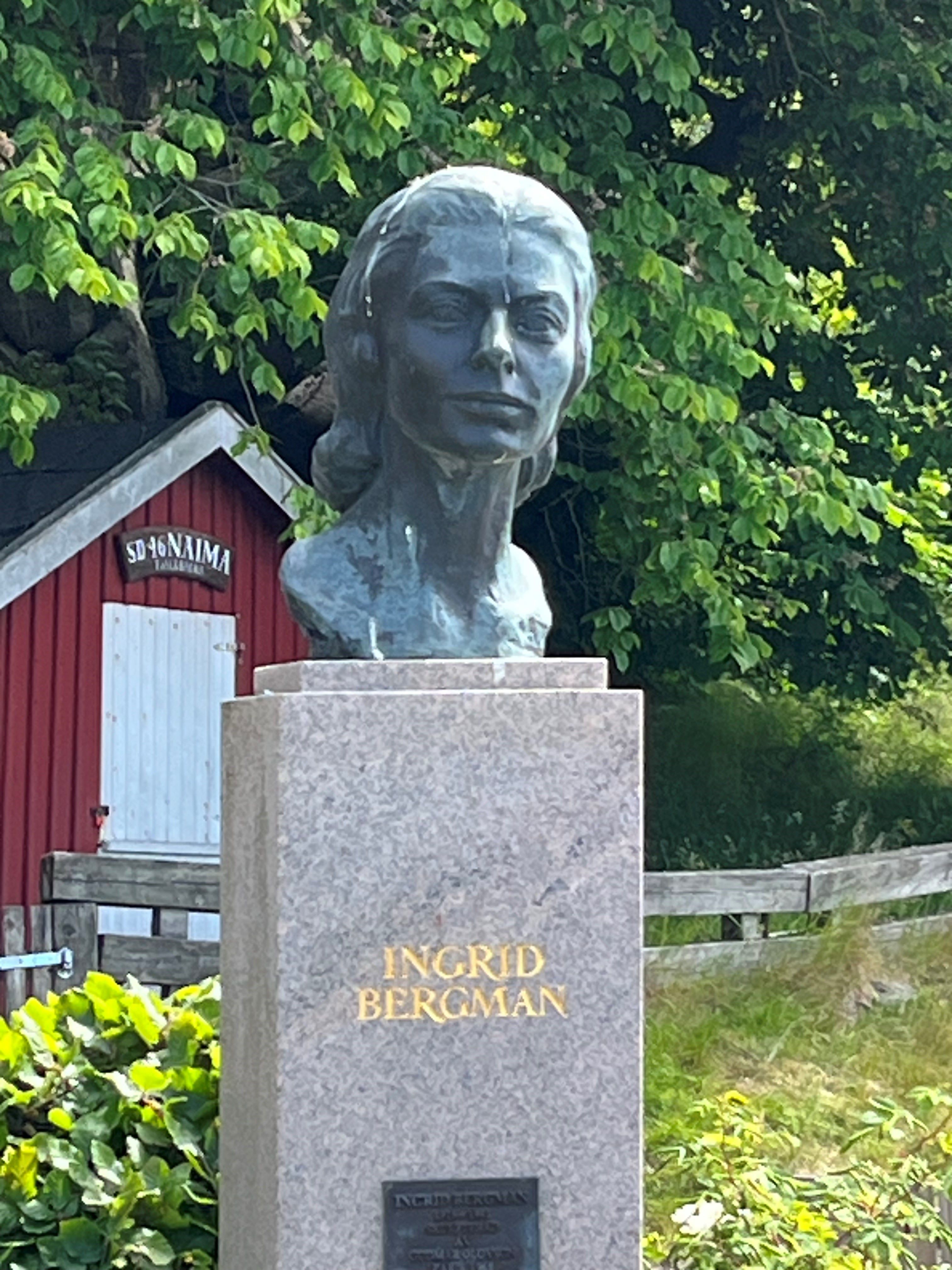
What was less clear was why Camilla Läckberg, one of the queens of Nordic crime fiction, had chosen this same idyllic little port to stage the crimes in her novels. The answer is probably that she grew up in this village, and therefore knows it better than the passing summer visitors. And even if Fjällbacka doesn’t actually have a history of crime or violent death, the novelist must have sensed the secrets and family dramas lurking behind the port’s neat wooden houses.
Perhaps it’s also the contrast between summer and winter? It’s easy to be happy in Sweden around the summer solstice. But in “The Ice Princess“, Erica Falck returns to her native village in the middle of winter and stumbles upon her childhood friend Alexandra, dead, her wrists slashed, naked in her bathtub in her freezing house.
Erica doesn’t work for the police, but is a biographer who, like Camilla Läckberg, left her village for the city of Gothenburg after her teenage years. But she was close to Alex, and Alex’s family asks her to write a few pages about their daughter. Erica moves into her recently deceased parents’ house, which her sister and brother-in-law would like to sell. She soon finds her bearings in the village’s narrow streets and wonders whether Alex committed suicide or not.
She digs into her memories and into her friend’s past. She remembers that in her mid-teens, Alex had abruptly cut ties with her and then moved out. Why?
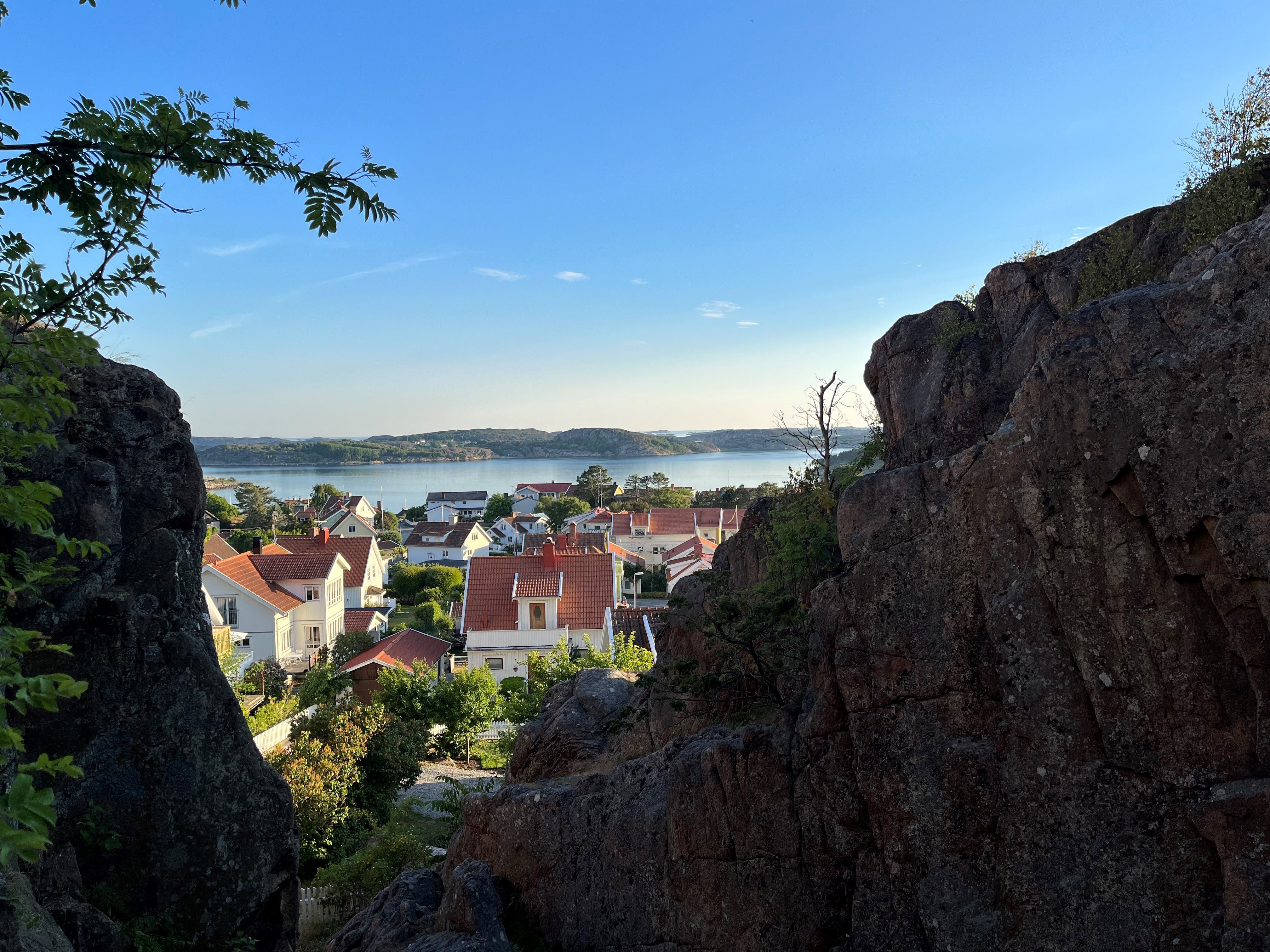
Patrik Hedström, from the local police, is in charge of the case. He’s a childhood friend of Erica’s and has always kept a secret flame for her. They meet for dinner in the evening, exchanging their findings on the young woman’s tragic story and the latest developments in the investigation. Little by little, they draw closer to each other, and at the same time, to the truth about Alex’s death.
